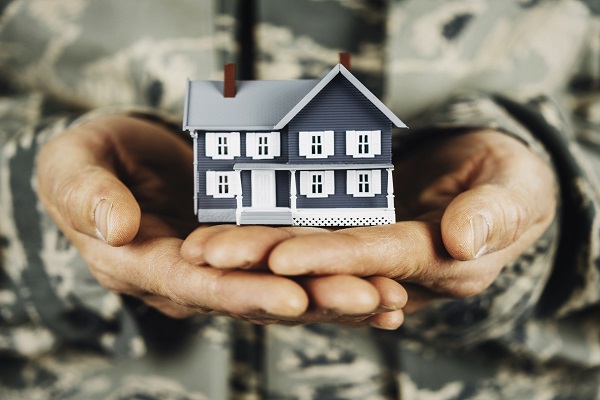There was a period in my life when I found myself in a state of overwhelm – the type of overwhelm that everyone else can see except the person being overwhelmed (i.e. myself). I wouldn’t recognise it until some time later. During this time, a leadership coach introduced me to the concept of ‘mental real estate’. It was a classic ‘light bulb’ moment.
Our mental real estate is the capacity we have to hold onto, manage and navigate everything in our lives. Our work, our relationships, our family. Our day-to-day responsibilities in the many roles that each of us have: leader, partner, parent, sibling, child, friend, colleague etc. Perhaps our community work or volunteer work at school or elsewhere.
Mental real estate is not an infinite resource
The thing about mental real estate is that it’s not an infinite resource. The amount each of us has is finite.
Just like ‘real’ real estate, mental real estate has boundaries that can’t be expanded. The more we commit to extra things in our lives – the more we say ‘yes’ to every request or offer – the more our mind starts to push up against those boundaries.
Eventually it becomes like overpacking a suitcase and then still trying to get more in: something has to give. This is where we are over committed.
The impact of this situation will be familiar to many leaders and other busy people. We start to lose focus on the things that really matter to us. We get locked into ‘thinking and doing’; we lose the ability to ‘feel and be’. We become overwhelmed, as I was. Stuck on a treadmill, we become overly stressed – certainly stressed beyond a healthy level – and start making poor decisions. This diminishes our wellbeing and starts to affect our happiness, relationships and overall performance.
It’s important to realise that, just like the real estate we live in, a lot of what is crowding our minds in these situations is clutter we don’t really need. As many as 80 per cent of the thoughts we have each day can be unhelpful in the sense that they aren’t moving us toward the life we want to lead. All this mental clutter gets in the way of our ability to thinking clearly and making good decisions and can lead to unnecessary overwhelm. Reserving as much mental real estate as you can for the stuff that actually matters is the key here.
Take a moment to reflect on your own mental real estate
I invite you to take a moment to reflect on the three things that matter most to you in your life: the things that make you feel full, happy and satisfied.
Now ‘zoom out’ to take in everything that you have on your plate right now. All the tasks and roles that you are (or feel) responsible for right now.
Is there an alignment? Is the stuff that is keeping you busy, and therefore occupying most of your mental real estate, contributing to those things that are most important to you? Are you making a concerted effort to ensure that some of your mental real estate is reserved for those important aspects of your life?
Or is this exercise simply too hard due to your mental real estate being overcrowded?
What do you notice?
Does something need to change?
When I did this exercise some years back, I noticed that I the things that my focus was definitely no on those things that mattered the most to me. They were struggling for a place in my mental real estate, and as a result I had little clarity of thought and was making poor decisions. To help get me back on track, I called upon a personal values assessment.
Taking the time to explore your personal values and beliefs is a great way to get started on an ‘audit’ of your mental real estate. This process can guide you back to what is most important to you, and from that place you will be better equipped to make conscious choices about what needs to be let go of to clear a bit of space in your mental real estate.
You also might like to consider the completion of a Global Leadership Wellbeing Survey (GLWS). This survey will help you understand your state of wellbeing at work and at home. It will help check in on your available mental real estate. The survey is supported through a debrief and development conversation to help you ‘tidy up’ your mental real estate, establish a sustainable self-care rhythm and show up as a better version of you.
Our mental real estate is a precious commodity. Do what you can to keep yours tidy, ordered and not too cluttered.


